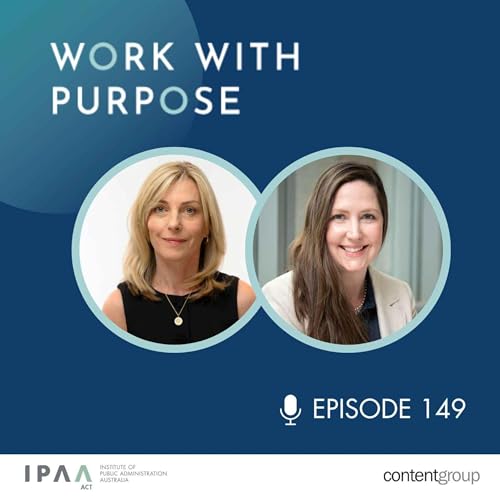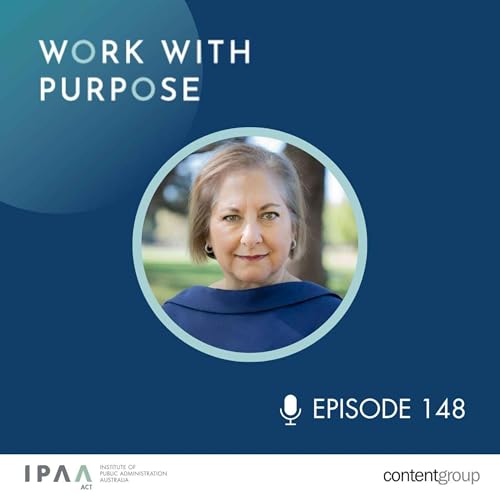Have you ever wondered how political leaders decide which issues make it to the top of the agenda?
In this episode of Work with Purpose, host David Pembroke speaks with Professor Liam Smith and Dr Connor Wynn from Behaviour Works Australia to explore how politicians make high-stakes decisions under pressure and what the public sector can learn from the process.
Drawing on extensive behavioural research, Smith and Wynn reveal how political leaders rely on heuristics, or mental shortcuts, to navigate complexity, limited time and competing demands. They explain how community sentiment, emotion, political capital and timing influence which policies rise to prominence, and how these forces shape outcomes across government.
Listeners will learn how understanding the psychology of decision making can help them engage more effectively with ministers, anticipate shifting priorities and design advice that resonates. This is an engaging conversation about influence, timing and the human side of leadership in government, offering practical guidance for anyone working in or alongside the Australian Public Service.
Key tips:
- Use the “wait and see” principle. Recognise when an issue is gaining traction and be ready to act when political and community momentum align.
- Seize the moment. Identify windows of opportunity created by events, media attention or public pressure, and present advice when decision makers are most receptive.
- Think like your audience. Understand how leaders and communities perceive an issue, and frame advice using real-world perspectives and public sentiment, not just technical evidence.
Show notes:
- Behaviour Works Australia – behavioural science research and case studies: behaviourworksaustralia.org
- How the political elite make decisions - Wynn - 2025 - Australian Journal of Public Administration - Wiley Online Library
Hosted on Acast. See acast.com/privacy for more information.
 57 mins
57 mins 43 mins
43 mins 37 mins
37 mins Sep 21 202529 mins
Sep 21 202529 mins 50 mins
50 mins 29 mins
29 mins 34 mins
34 mins 31 mins
31 mins

